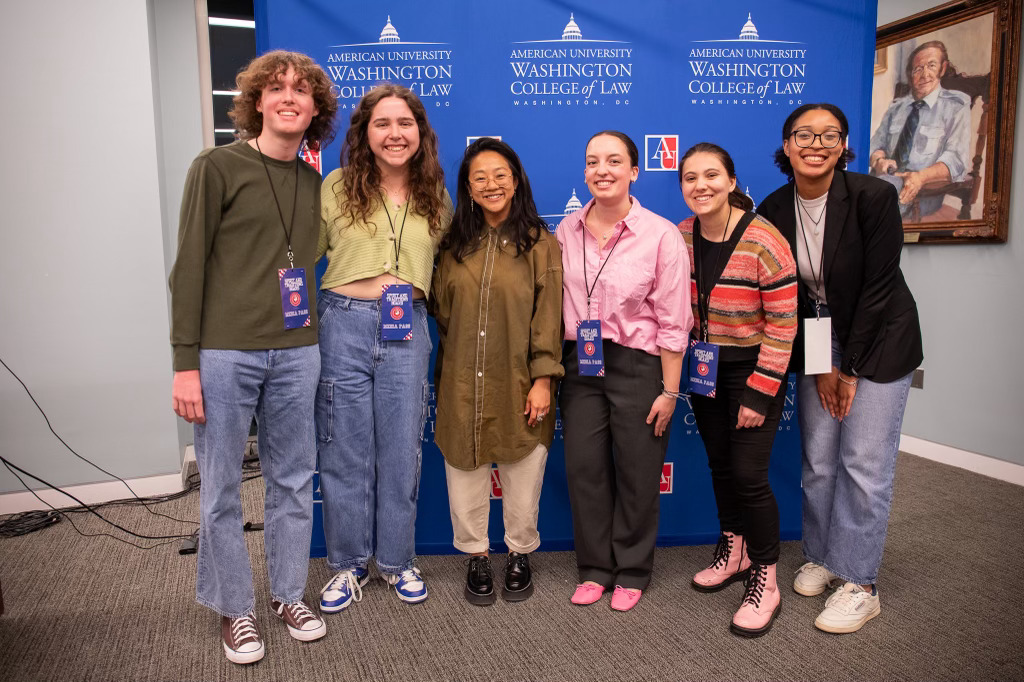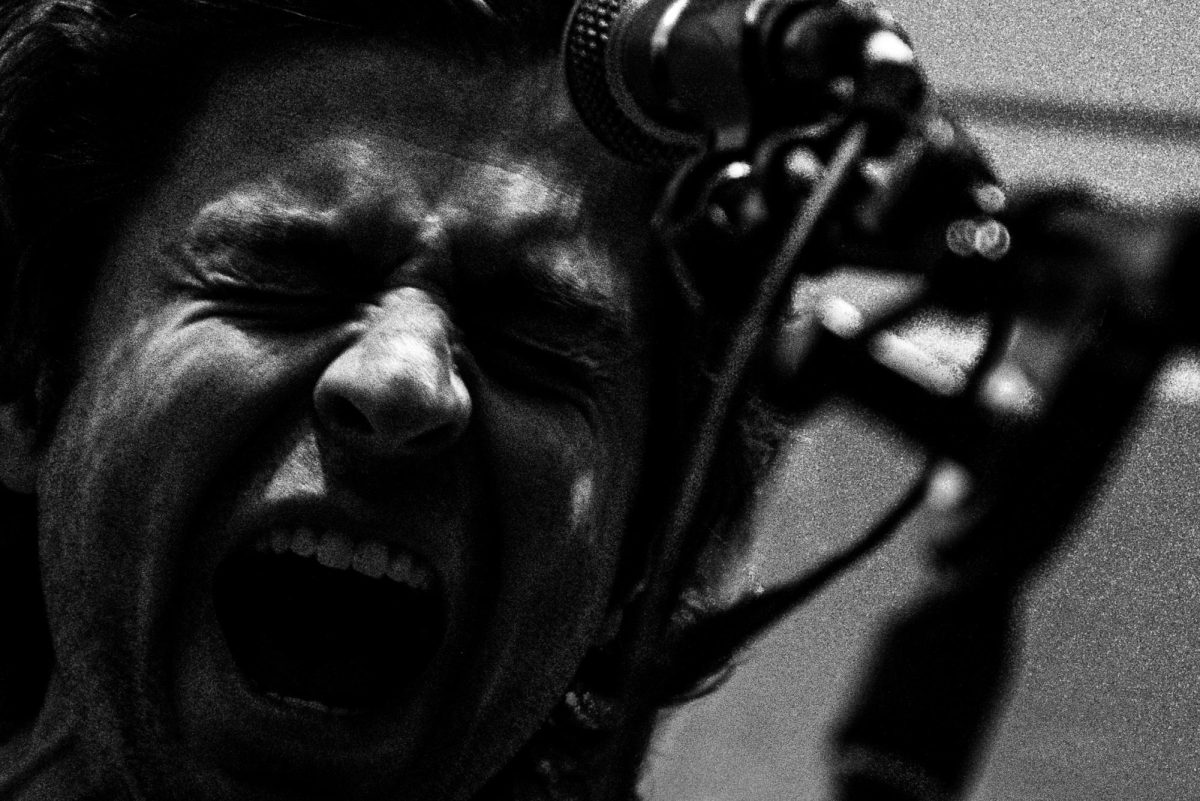Porcelain Raft Stops by the Rock & Roll Hotel
September 9, 2013
This past Saturday, Mauro Remiddi and his dream pop project, Porcelain Raft, took to the stage at Rock and Roll Hotel to support their new album, Permanent Signal. Like its 2012 predecessor, Strange Weekend, the album is a wonderful showcase of Remiddi’s gifts with melody and texture. The Signal material gained a new muscle at the band’s D.C. show, boasting a sound ready for festival-size crowds. In the days leading up to their D.C. performance, I was able to discuss the album and its corresponding tour with Remiddi over the phone as the band was en route to their first show in Boston.
Û¢ I know this is the first day of the tour for you, so I want to start off with some questions about touring. Are you still based out of London, and if so, how is it touring the states?
I’m actually based out of New York ÛÒ this is my second year living there. New York feels like home. London is actually more difficult in a way, even though all of my best friends are over there. But New York feels just right.
Û¢ Is touring and the process of playing and sharing new material the most gratifying part for you?
Yes! The live set basically becomes an extension of the album. With more songs to play with, I can now mix and match new songs with songs from the first album and the early EPs. It becomes interesting, like a little journey. I’ve always liked playing live, and for me, a big part of what I do is playing these songs live.
Û¢ There was a very short interval between Strange Weekend and Permanent Signal. Was most of this record written on the road, or were these leftover ideas from the last record?
Oh, no! When you’re touring, you can barely even read, so writing has to be done at home. I did a lot of the recording and composing within the weeks after I got home, with the things that were on the top of my head. But I couldn’t wait to get back and play music, because I wasn’t used to not playing for that long.
Û¢ Does the use of more organic, live instrumentation on this record stem from moving away from bedroom recordings and playing shows to live audiences?
Yeah, basically it was through supporting some very big bands on the last tour and playing very big places. I was doing music that didn’t translate or adjust to big places like those. But I liked those venues, so I really wanted to create something where the sound of it could fill those spaces. Sometimes, you need to understand the size of what you do. Obviously, what I was doing started out as these bedroom recordings, but as I moved to bigger venues, I thought, “Let’s try to play with the size of this.” So I tried to capture a sound that would work in bigger spaces, not because of commercial reasons or anything, but because it was fun to play with those sounds.
Û¢ How do you think this album differs thematically from Strange Weekend?
This one is very different. They do both describe a moment of transition; the first one was more about capturing the feeling of moving from London to New York, while this new one was about being on the road on all the time and then returning to a normal life. The difference is that the transition on Strange Weekend is way more euphoric ÛÒ it’s like a conversation with another person. Permanent Signal is more like a conversation in your mind. It’s like letters I didn’t send, and then sent them all at once with this album. These songs are less festive, but I feel like they are the best ones I’ve done. I understand it being more difficult to connect to than the first album, but I’m very proud of it.
Û¢ The new album features contributions from members of Yuck and The Antlers. How did they come to be involved with the project?
I supported the Antlers on tour, and Darby [Cicci] and I would talk casually about collaborating. I also needed a drummer, and I know Yuck very well. Jonny [Rogoff] lives in New Jersey, and I love the way he plays. I also knew I didn’t want to be in the studio alone this time. Although the arrangements were done, having all these people for the album gave it a new energy ÛÒ if I needed a trumpet, Darby would say, “Hey! I can play trumpet.” So a lot of things like that happened with them there.
Û¢ You took on the Porcelain Raft project at a relatively older age than most musicians who are trying to break through in the industry. Would you recommend that kind of strategy for inspiring musicians?
To be honest, the way I see it is perfect. It took me a while to find my own voice. Before, I was playing a different type of music. But I wanted to explore and see what felt right for me, and it just happened to be in a later stage of my life. It became more of an inner poetry, and I just gave it space. That enabled me to enjoy it more, and it all made sense in my head.
Û¢ The video for “The Way Out” is really impressive and quite dark. Was this an idea you brought to the director or vice versa?
No, I worked with the director, Michael [Lawrence]. I told him, “Do whatever you want with it.” So, what the song is about is different than what the video shows. My only suggestion was that I wanted the song to act like a soundtrack to a movie. I think he managed to do that ÛÒ he did a great job.
Û¢ Finally, what are you listening to right now?
I don’t know why, but right now I’m in this obsession with Randy Newman. I really don’t know whyÛ_. I’m also listening to a bunch of experimental stuff as well. But it will be interesting to see what everyone brings along on the tour to listen to.













